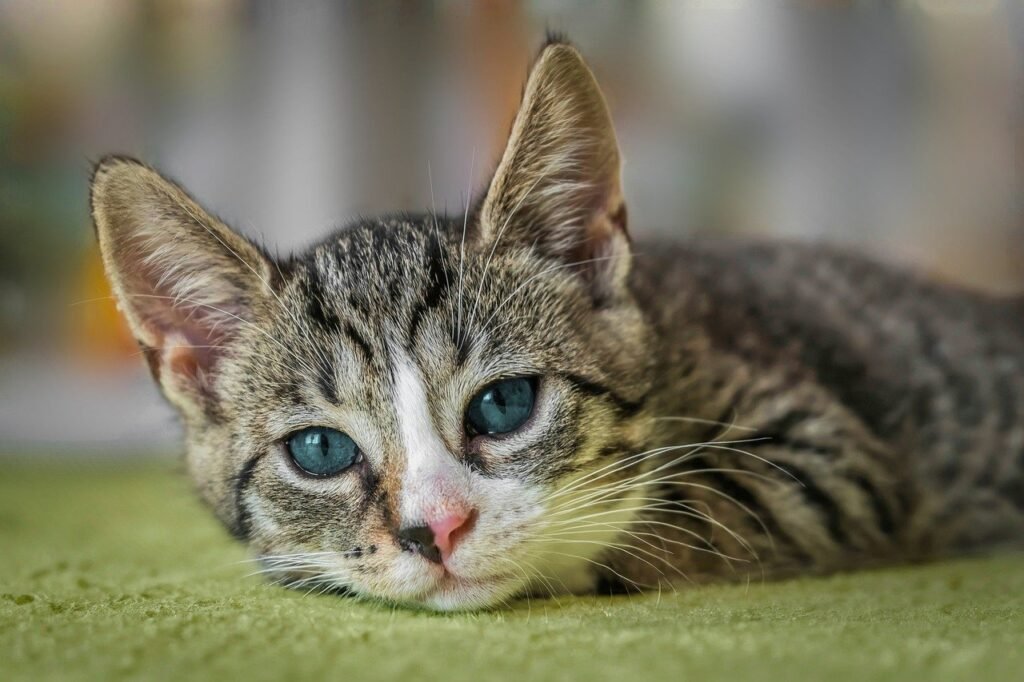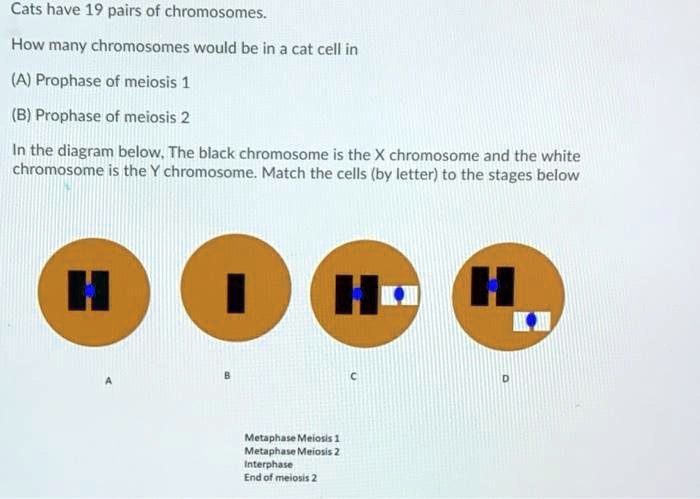How Many Toes Does A Cat Have
Hey there! Ever wondered how many toes a cat actually has? Well, fret not because this article is here to clarify all your feline-related queries. Cats are known for their adorable paws, but have you ever counted the number of toes they have? Let’s dive into the fascinating world of cat anatomy and find out exactly how many toes our favorite feline friends possess. How Many Toes Does A Cat Have
Have you ever wondered about how many toes a cat has? Cats are fascinating creatures, and their unique anatomy includes an interesting feature – their paws! In this article, we will delve into the world of cat toes and explore just how many toes these adorable felines have.

The Basics of Cat Toes
Cat paws are not just cute and fluffy, but they also serve specific purposes. Understanding the anatomy of a cat’s paw can provide insight into their behavior and abilities. Let’s start by exploring the basic structure of cat toes.
Cats have a total of 18 toes, arranged in a specific pattern on their paws. Unlike humans who have five toes on each foot, cats have a different configuration. Each front paw has five toes, while each hind paw has four toes. This unique toe count gives cats a distinctive appearance and contributes to their agility and balance.
The Front Paws
The front paws of a cat play a crucial role in their daily activities. Cats use their front paws for hunting, grooming, climbing, and even communicating with other cats. The arrangement of toes on a cat’s front paw is as follows:
| Toe Number | Name |
|---|---|
| 1 | Dewclaw (Digit I) |
| 2 | Index (Digit II) |
| 3 | Middle (Digit III) |
| 4 | Fourth (Digit IV) |
| 5 | Pinky (Digit V) |
The Hind Paws
While the hind paws of a cat may have one less toe compared to the front paws, they are equally important for a cat’s overall functioning. Cats rely on their hind paws for stability, jumping, and running. The arrangement of toes on a cat’s hind paw is as follows:
| Toe Number | Name |
|---|---|
| 1 | Dewclaw (Digit I) |
| 2 | Index (Digit II) |
| 3 | Middle (Digit III) |
| 4 | Pinky (Digit IV) |
Polydactyl Cats: When More Toes Are Present
While the standard number of toes for a cat is 18, some cats have more than the usual number. Polydactyl cats, also known as Hemingway cats due to their association with the famous writer Ernest Hemingway, have extra toes on one or more paws.
What Causes Polydactylism in Cats
Polydactylism in cats is a genetic trait that can be inherited from one or both parents. The presence of an extra toe or toes on a cat is a result of a genetic mutation that causes additional digits to form during development. Polydactyl cats can have up to seven toes on each paw, giving them an unusual and endearing appearance.
Famous Polydactyl Cats
Polydactyl cats have gained fame for their unique physical attributes and charming personalities. Some well-known polydactyl cats include Snowball, a cat with 30 toes who holds the Guinness World Record for the most toes on a cat, and Captain Ahab, a polydactyl cat who inspired author Mark Twain to write about cats with extra toes.

Caring for Your Cat’s Toes
Proper paw care is essential for maintaining your cat’s overall health and well-being. Cats rely on their paws for various activities, and it is essential to keep their toes clean and healthy. Here are some tips for caring for your cat’s toes:
Regular Nail Trimming
Trimming your cat’s nails regularly can help prevent them from becoming overgrown and causing discomfort. Use pet-specific nail clippers or seek guidance from a veterinarian on how to trim your cat’s nails safely.
Checking for Injuries or Infections
Inspect your cat’s paws regularly for any signs of injuries, cuts, or infections. If you notice any redness, swelling, or discharge, consult your veterinarian for appropriate treatment.
Providing Scratching Posts
Cats need to scratch to keep their claws healthy and sharp. Invest in a scratching post or pad to allow your cat to engage in natural scratching behavior.
Keeping Paws Clean
Regularly clean your cat’s paws to remove dirt, debris, or litter particles that may accumulate between their toes. Use a damp cloth or pet-safe wipes to gently cleanse their paws.
Monitoring Toe Health
Keep an eye on your cat’s toe health, including checking for signs of inflammation, swelling, or pain. If you notice any abnormalities, seek veterinary care promptly.

Conclusion
Cats have a fascinating anatomy, including their distinctive toes that play a vital role in their daily lives. Understanding the number of toes a cat has, the structure of their paws, and the care they require can help you provide the best possible environment for your feline friend. Whether your cat has the standard 18 toes or is a polydactyl with extra digits, embracing their uniqueness and taking care of their paw health is essential for their overall well-being. Next time you look at your cat’s paws, you’ll have a deeper understanding of how those adorable toes contribute to their charm and abilities.








